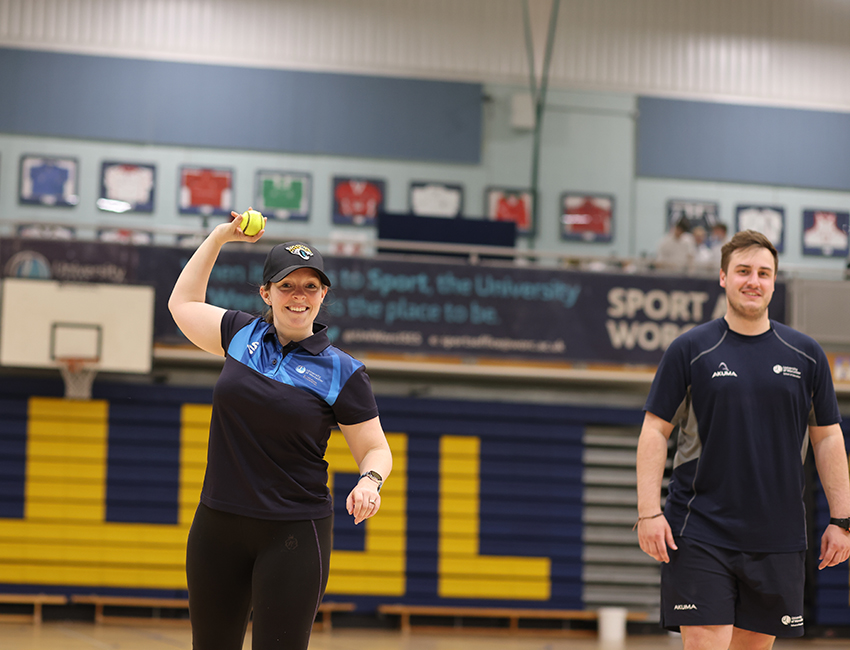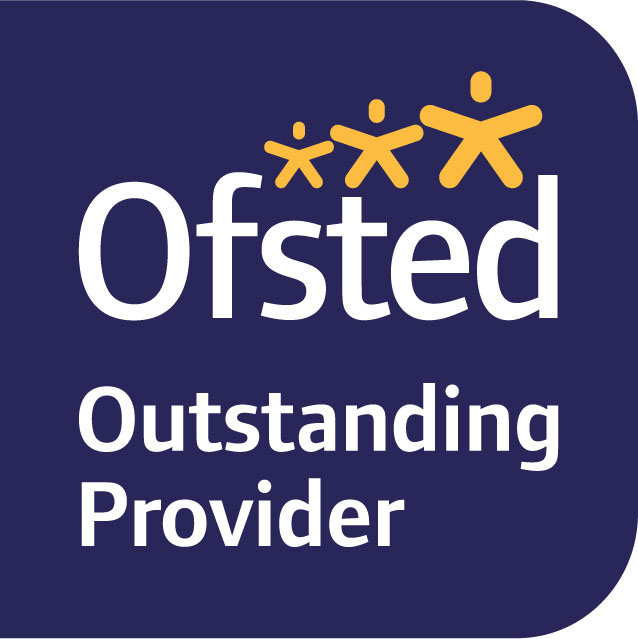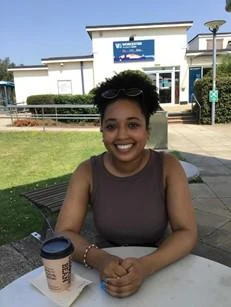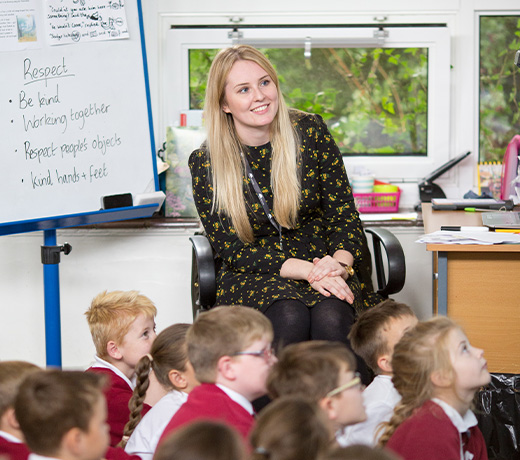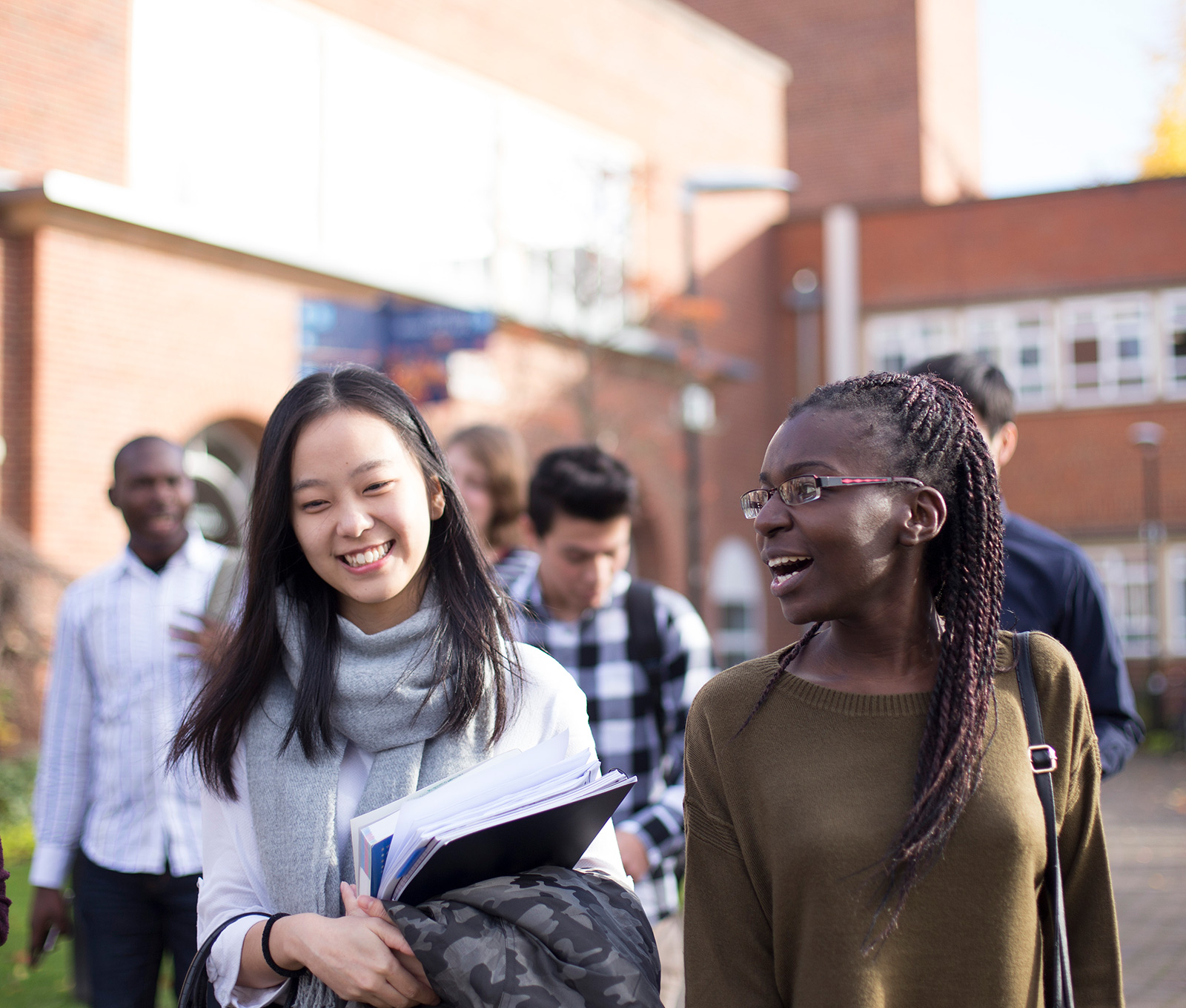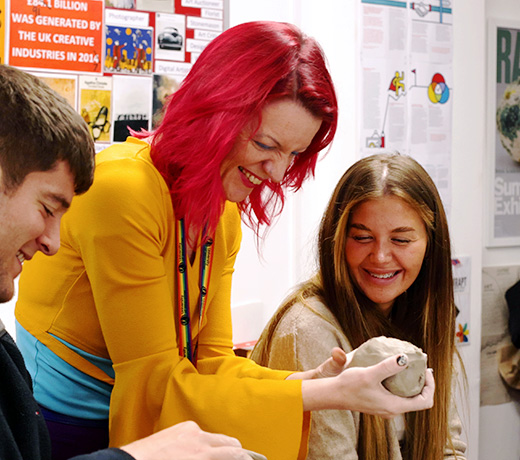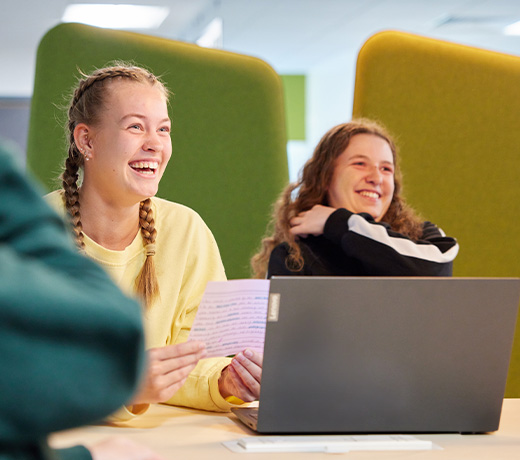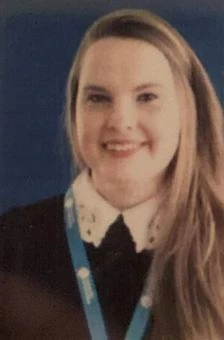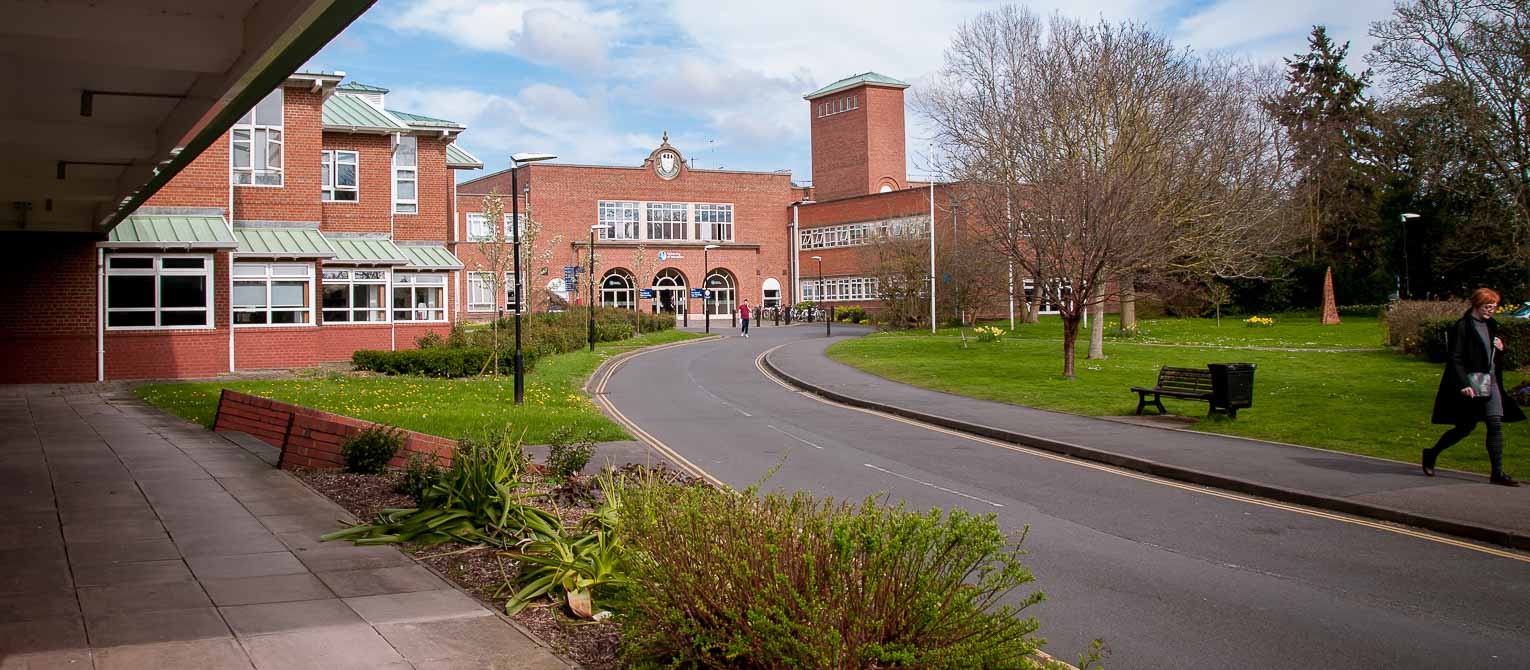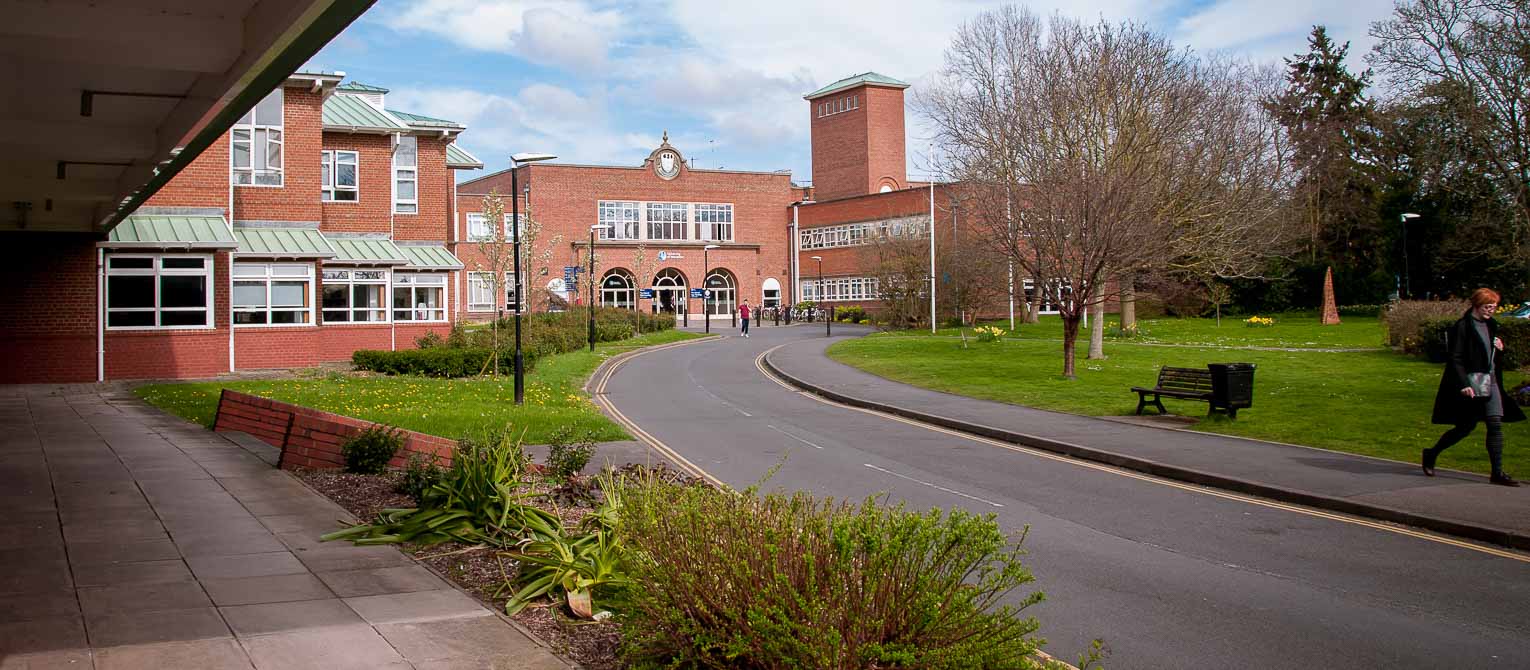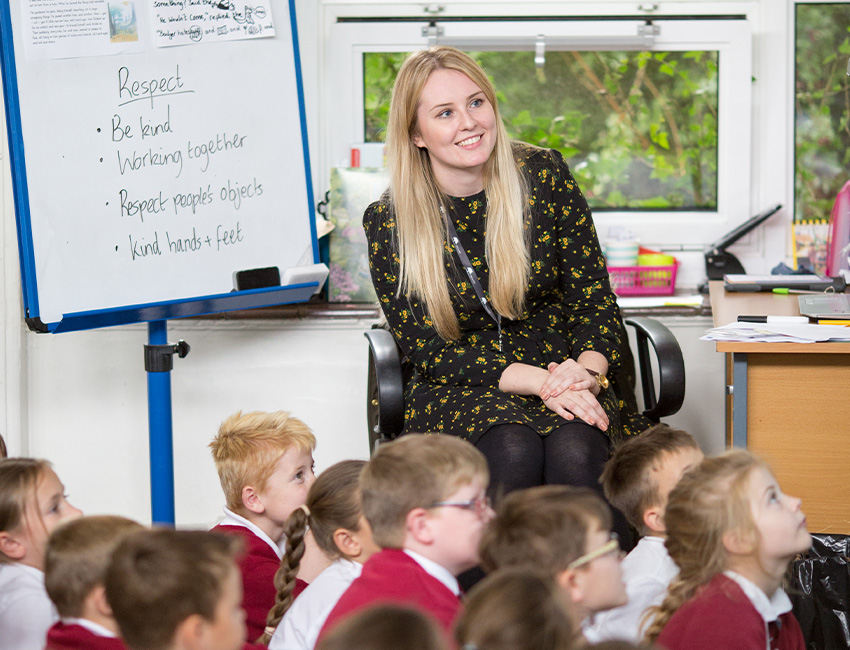We have an excellent reputation with schools in the region and have been training highly skilled, inspirational primary school teachers for over 75 years. This course will equip you to make a real difference in children’s lives through varied school placements, interactive subject sessions, and tailored tutor support.
in the UK for Quality Education
An exciting and inspiring place for trainee primary teachers to study
We’ve been rated as ‘Outstanding’ in training primary and secondary teachers, the highest possible grade a provider can receive.
First for jobs
The University of Worcester is first in the UK for sustained employment, further study or both, five years after graduation (excluding specialist institutions) - Longitudinal Educational Outcomes Survey 2024. Read more.
Overview
Later Years (ages 5 to 11) – you’ll cover the National Curriculum for Key Stage 1 and 2, with school experience taking place in KS1 and KS2 settings.
This specialist pathway is for those aspiring to become a skilled primary teacher with particular expertise in physical education. You’ll develop your knowledge in all areas of the national curriculum, with an additional focus on PE in your subject sessions. Our expert tutors will model effective PE teaching and cover key concepts and approaches, such as game-based learning, physical literacy and motivational climate theory.
Our Ofsted Outstanding course offers you the opportunity to gain a postgraduate qualification alongside Qualified Teacher Status (QTS). With 60 credits at Masters level, our PGCE Primary with PE can open doors to further study and other employment opportunities.
You’ll gain experience through multiple placements in a variety of school environments throughout the year, with increased opportunities to lead PE sessions – preparing you for a successful transition into teaching.
When not on placement, you’ll be taught through a mixture of lectures, workshops and interactive subject sessions covering the full spectrum of National Curriculum subjects. In these interactive sessions, our tutors will model effective teaching and classroom management strategies. Specialist facilities, such as our gymnasium, dance studio, music room and art studio, are designed to replicate the school environments you’ll be teaching in, allowing you to learn in authentic settings.
There are no exams on this course. Instead, you’ll be assessed through two written assignments and a digital portfolio that you’ll complete during your school experience placements. This portfolio contains several tasks linked to the Department for Education’s Teachers’ Standards, which you must meet to qualify as a teacher.
Placements
School placements are a key element of the course. You’ll spend 120 days in at least two different schools, ensuring you experience a range of key stages and environments. For example, you may be placed with a mixed-age class in a small village school and then move onto a large, culturally diverse school with multiple classes per year group.
We work hard to maintain strong relationships with over 260 schools across 25 local authorities and will organise placements for you in supportive environments. While on placement you’ll be supported by your class teacher and lead mentor, in addition to your university tutors. They will regularly observe you teach and give live feedback, so you can continually reflect on and improve your classroom practice.
Regional Training Hubs
You can apply to study a PGCE directly with the University or with one of our partner Regional Training Hubs.
These Regional Training Hubs are networks of schools working together to train teachers. When you apply through a hub you will do a mix of training at their sites and at the University, and the hub will organise your placements within their network of schools.
Upcoming events
Course content
You’ll study modules covering the whole primary curriculum to build your subject knowledge and teaching skills, and cover topics like behaviour management and inclusive practice.
All modules are mandatory to ensure you’re eligible for Qualified Teacher Status.
This course is informed by the latest research and feedback from students, staff, and placement schools. Modules do sometimes change to reflect this. The most up-to-date module information will be available to you once you have accepted a place and registered on the course.
Careers
This course will qualify you to teach in primary schools in England and Wales. Most of our students quickly find jobs after graduation, thanks to the confidence they’ve gained on the course, the connections they make on placement and our excellent reputation with schools in the region.
Many of our graduates pursue leadership roles within schools, as PE leaders, special educational needs coordinators, key stage leaders, deputies, or head teachers.
The PGCE is an internationally recognised teaching qualification and can widen your opportunities for a career overseas. You’ll be able to seek work in countries such as America, Australia, and Canada.
The 60 credits you gain at Masters level mean our course is also an ideal springboard for those seeking further postgraduate study. These credits can be put towards a full Masters qualification, such as our multiple pathway Education MA.
Support early in your career
At Worcester, the support doesn’t end when you graduate. Our Early Career Teacher (ECT) network continues to offer support and professional development opportunities as you go into your first job.
Graduate case studies
A few recent graduates reflect on their time on the course.
Course highlights
Teaching and assessment
You will be taught through a combination of interactive seminars, workshops, and lectures. In the seminars, you’ll link educational theory to your placement experience, through reflection and evaluation.
There are no exams on this course. Instead, you’ll be assessed through two written assignments and a digital portfolio that you’ll complete during your school experience placements. This portfolio contains several tasks linked to the Department for Education’s Teachers’ Standards, which you must meet to qualify as a teacher.
Teaching and assessment contents
The PGCE course enables all trainees to become autonomous learners. The course is designed to support trainees of varying experiences, needs and background; to develop key/transferable skills and to disseminate good practice in learning and teaching. To achieve this we closely monitor the quality of your experience in university and on placement.
You are taught through a combination of:
- School experience in a range of settings
- Studying all areas of learning and teaching across all EYFS and Primary National Curriculum subjects
- Tutor-led workshops, lectures, seminars and guest lectures, primarily to introduce underpinning knowledge, theoretical argument, practical skills, central issues, key texts and inter-professional fields of study
- Participation in high level professional discussion, peer presentations and debate, to encourage you to actively engage with and critically challenge the field
- Directed studies and problem-solving tasks provide opportunities to develop approaches that will deepen levels of understanding and professional judgement; development of practice-based competence and skills of critical reflection through guided individual mentoring during placements
- One-to-one academic and personal tutorial support including access to our first class Firstpoint services
In addition, there are regular opportunities throughout the year to meet with your personal tutor, where you will have the opportunity to talk about your academic progress, school experience, support with careers and applications.
Intensive Training and Practice (ITaP) are integrated within the course programme. ITaP allow you to explore granular aspects of the core content framework and focus on key skills that you will need to be effective teachers. You will be taught about the ITaP focus area, explore what this looks like in practice, engage in deliberate practice at university, before exploring the concept in school and engaging in deliberate practice within the school environment.
Meet the PGCE Primary team
You'll be taught by a teaching team whose expertise and knowledge are closely matched to the content of the modules on the course.
You can learn more about the staff by visiting our staff profiles.
Entry requirements
Honours degree normally (2:2) or higher from a United Kingdom higher education institution or equivalent qualification in Physical Education or a closely related area. Applicants with a 3rd class or non-Honours degree will be considered on an individual basis.
GCSE grade C/4 in English Language or English Literature, Mathematics and Science, or equivalent qualifications. We do offer an equivalency test if you don’t have the required GCSE grade to apply for our courses.
Trainees who begin courses before providing evidence of the required GCSE standard (or equivalent) will not be eligible for financial incentives, such as bursaries or grants until they achieve the required standard.
Fees
Fees contents
UK
The Government has announced that it will increase tuition fees and maintenance loans by 3.1% from the 2025/26 academic cycle. Subject to approval, the University intends to increase our tuition fees in line with this and as per our terms and conditions. This means that from September 2025 the standard tuition fee for full-time UK students on a PGCE will be £9,535 per year*.
For more details on course fees, please visit our course fees page.
International and EU students
The standard tuition fee for full-time international and EU students enrolling on a PGCE in the academic year 2025/26 will be £17,900 per year*.
*Please note that for EU students who are not in receipt of a UK government bursary/scholarship package, the fee is £9,535 per year (subject to approval of the government's fee increase).
For more details on course fees, please visit our course fees page.
"Trainees benefit from an exceptional learning experience at the University of Worcester. This experience instils in them a deep-rooted commitment to making a difference to the lives of the children and young adults in the communities they serve."
How to apply
How to apply contents
Applications for PGCE courses, both Primary and Secondary, should be made online through the government's Find Postgraduate Teacher Training website.
Visit the Get Into Teaching website for detailed information on how to apply for a PGCE.
Start your application
Apply for PGCE Primary with PE (5-11 years) - 3DP6Other PGCE Primary programmes
- PGCE Primary (3-7 years) - X124
- PGCE Primary (5-11 years) - X104
- PGCE Primary with SENDI - B197
You can also apply to study a University of Worcester PGCE with one of our partner Regional Hubs.
Contact
If you have any questions, please get in touch. We're here to help you every step of the way.

PGCE Primary Office
primarypgce@worc.ac.ukAdmissions Office
admissions@worc.ac.uk01905 855111More to explore
Open Days
Visiting us is the best way to get a feel for student life at the University of Worcester.

The City of Worcester
Worcester is a welcoming university city with great transport links and plenty of student parking.

Accommodation
Benefit from our accommodation guarantee. We have rooms on campus to suit every budget including en-suite options.

